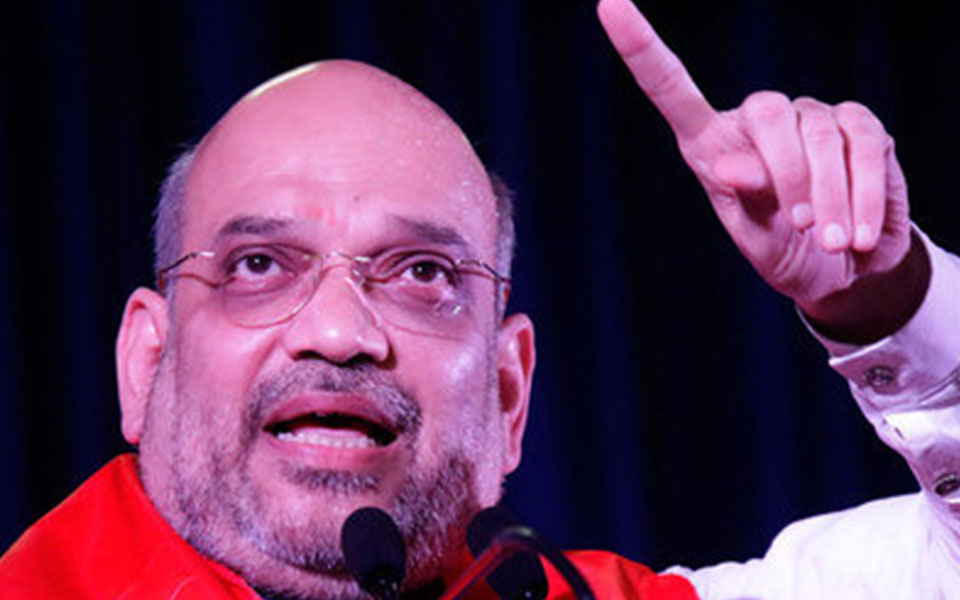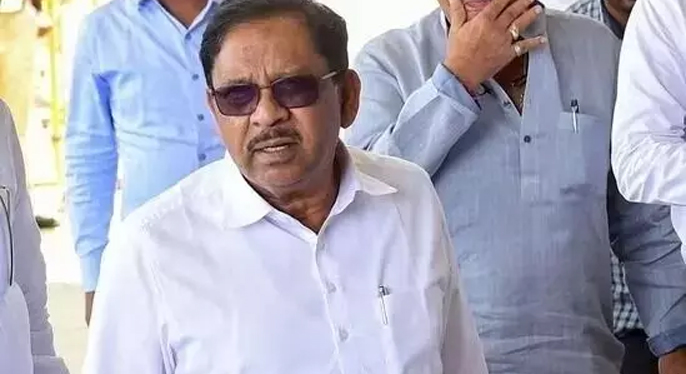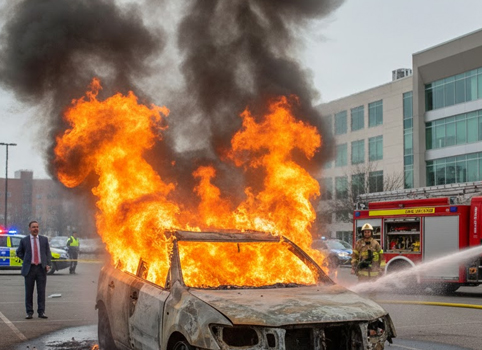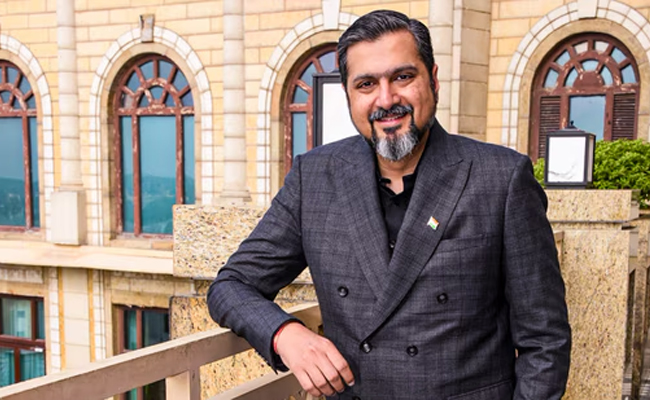Guwahati, May 20: Ahead of the BJP national President Amit Shah's visit to Assam, RTI activist and farmers' body leader Akhil Gogoi was arrested on Sunday morning for protesting against the Citizenship (Amendment) Bill, 2016.
Shah is scheduled to arrive in Assam capital on Sunday to address leaders of the Bharatiya Janata Party-led North East Democratic Alliance (NEDA) from all the northeastern states.
Gogoi, who leads Krishak Mukti Sangram Samiti (KMSS), had on Saturday urged the people of Assam to protest against the visit of Shah by displaying black flags "to send a strong message to the BJP President" over the Citizenship (Amendment) Bill, 2016.
Police arrested Gogoi when he was protesting near Srimanta Sankardeva Kalakshetra, where the NEDA meeting is scheduled.
"We were peacefully protesting here... However, the BJP government has arrested me in the most undemocratic manner," Gogoi told reporters before being taken away.
"I once again appeal to the people to unite against the Citizenship (Amendment) Bill and protest against the visit of Shah by showing black flags to him," Gogoi added.
Let the Truth be known. If you read VB and like VB, please be a VB Supporter and Help us deliver the Truth to one and all.
Kolkata (PTI): Seven people were arrested from the Parnashree area in the southern part of the city for allegedly running a fake call centre, a police officer said on Saturday.
Acting on a tip-off, police raided a house on Netaji Subhas Road on Friday night and found the fake call centre operating from the ground floor, he said.
Preliminary investigation revealed that the accused had set up a bogus company using forged documents and posed as employees of an antivirus firm to call citizens in the US, the officer said.
"The callers would gain the trust of victims and then use remote access to take control of their phones or other digital devices. The accused allegedly siphoned off large sums of money, running into millions of dollars, from victims' accounts," he said.
Five laptops, two WiFi routers, six mobile phones and four headsets were seized from the accused, he said, adding that the seven are being questioned to ascertain the full extent of the racket and to identify others involved.





